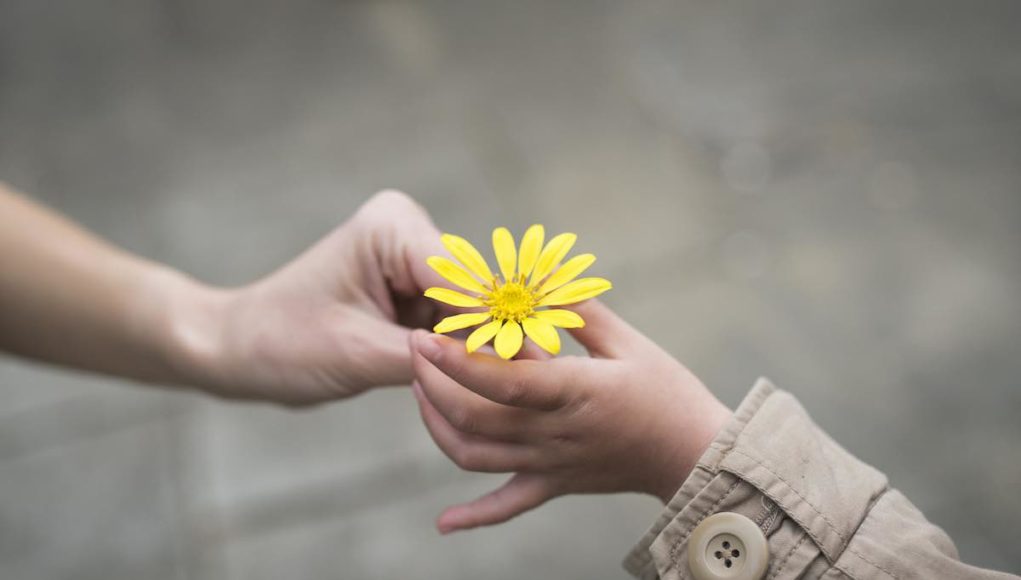“Helping one person might not change the whole world, but it could change the world for one person.” ~Unknown
When was the last time you were in the position where, as a speech language pathologist, you took on the role of caregiver? It is not unusual as a clinician to wear a number of “hats” at the same time, particularly when relating to friends and family. At times, your clinical and scientific knowledge as a speech language pathologist may seem in harmony with your role as caregiver.
The Concept
I have vivid memories of my graduate school experience. Chicago’s Rush University provided me with immediate exposure to a hospital setting complete with hands-on patient care and accessible professional collaborations. In one of my first graduate courses, my professor, Dr. Richard Peach CCC-SLP, identified the concept of being a “compassionate scientist”. It was a compelling idea for this bright-eyed twenty-something: To guide my clinical practice by looking at the science and the research in our field through eyes of compassion and empathy. Over time it became clear that this concept not only is at the core of what we do as speech language pathologists; but, it may also contribute to our own emotional strife and burn out.
What is compassion? Emotion researchers define compassion as the feeling that arises when we are confronted with another’s suffering and feel motivated to relieve that suffering. (Jinpa, Thupten Ph.D.) I anticipated that compassion would always be present throughout my career of diagnosing and treating thousands of patients along with their families. What I did not anticipate was how compassion would also be a part of my personal life when friends and family members were confronted with diseases and/or disorders that would impact their speech, language, cognitive-communication, voice and/or swallowing.
SLP’s become the Caregiver
When I was in my second year of undergraduate school at the University of Iowa, I found out that one my best friends from high school was diagnosed with Multiple Sclerosis. My initial re-action was two-fold: fear, as I knew what the diagnosis might entail; and, focused attention on tangible solutions that could help my friend during this potentially long journey. I am her friend but at the same time I am a professional therapist; and, therein lies the dual unspoken understanding and the practice of a compassionate scientist.
As I began my fellowship year I was confronted with another familiar situation when one of my best friend’s father was diagnosed with lingual cancer. In the beginning, I strove to be an optimistic cheerleader and recommended many options for feeding and swallowing. But, towards the end of his struggle, I focused more on supporting my friend as she painfully watched his ability to speak and eat continually diminish.
A few years ago, I was at a gathering of my husband’s high school friends. I was aware that one of the women who was attending had a mother who was battling ALS. As we started to visit, she told me about her mother’s latest struggles with swallowing and feeding. Our discussion evolved into quality of life concerns and how that would look for her family. She would often say “well, you know” and on some level I felt I could relate.
These friends and their loved ones were all part of a much larger picture that ultimately lead me into entrepreneurship. Compassion, by providing something to help relieve someone’s suffering, is at the core of our mission. Although the EAT Bar won’t be the answer for everyone, the stories we receive daily from people who experienced a bit of joy during a period of time that wasn’t so joyful remind us to keep the compassion in science.
“You are making a difference everyday” ~unknown
Reference
Jinpa, Thupten Ph. D. The Science of Compassion: Origins, Measures and Interventions (source: Greatergood.berkeley.edu)





